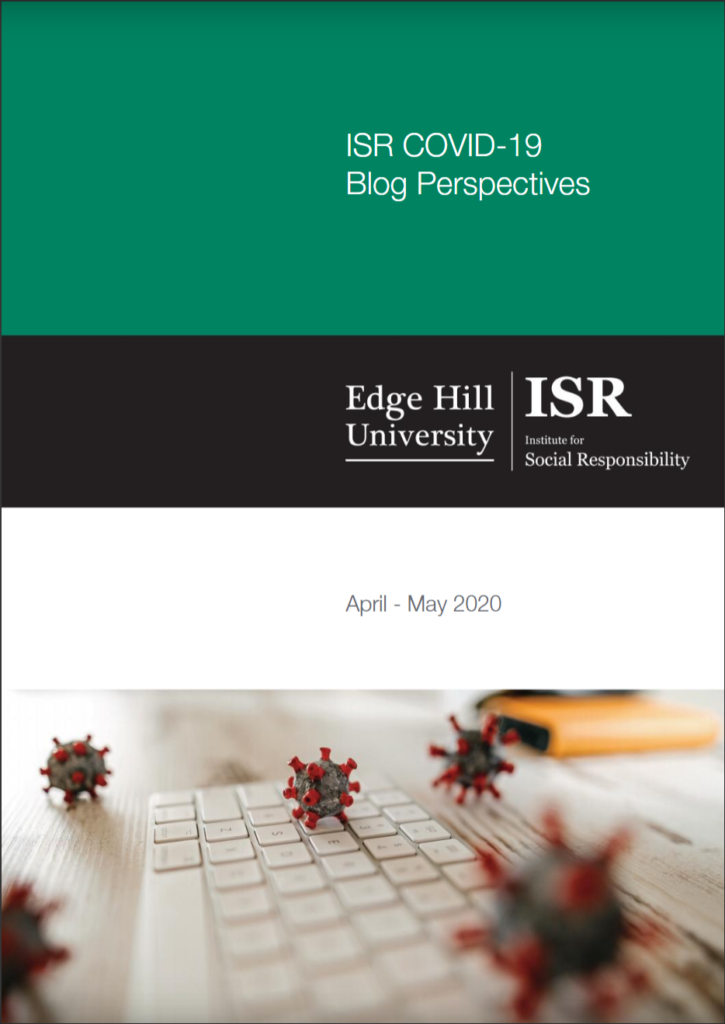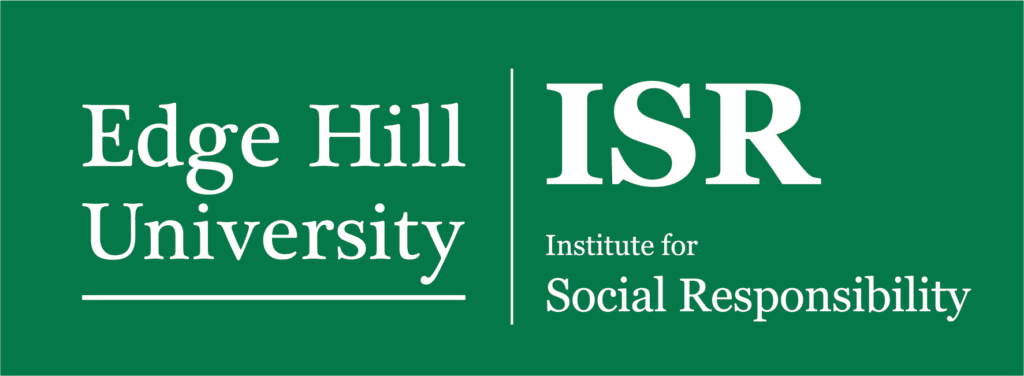Welcome to the ISR blog – the place where we explore the connection between contemporary events and the interests of researchers at Edge Hill and beyond.
We invite pieces from all disciplines and those that cut across disciplines, that examine the intersection between academic enquiry and everyday life. At around 500 words, post are pithy yet apolitical, thought provoking and add to wider debate. We hope that you will enjoy reading – and will also make a contribution via [email protected]
EHU Staff: Not sure how to write a blog but interested in learning how? …take a look at this short training video
ISR COVID BLOGS 2020 & 2021

In March 2020, the Institute for Social Responsibility (ISR) asked the Edge Hill University research community to submit articles on a range of issues detailing how the pandemic has affected their field and they responded. We converted that blog into an online publication and it now stands as both an historic and contemporary account of our immediate response to the pandemic.
In March 2021, to mark the anniversary of UK lockdown, we invited the bloggers from the original Covid-19 blog to update their piece, alongside new pieces examining the longer term and hidden aspects of the pandemic. Limited to 500 words (approx.), each post was academic, apolitical yet provocative in nature. The response again was both thought provoking and revealing. Some of the original bloggers had got it right – others had called it wrong; but what is clear is that the impact of Covid-19 will permanently reshape many aspects of our working and personal lives. This document brings new pieces together, compliments the original and acts as a stand-alone document on the longer-term impact of the pandemic.

The Institute for Social Responsibility (ISR) is Edge Hill University’s cross-disciplinary research and knowledge exchange initiative. We are committed to exploring the opportunities for cross sector collaboration and co-operation and to draw on the experience of practitioners as well as academic researchers to inform new ways of working and learning.
